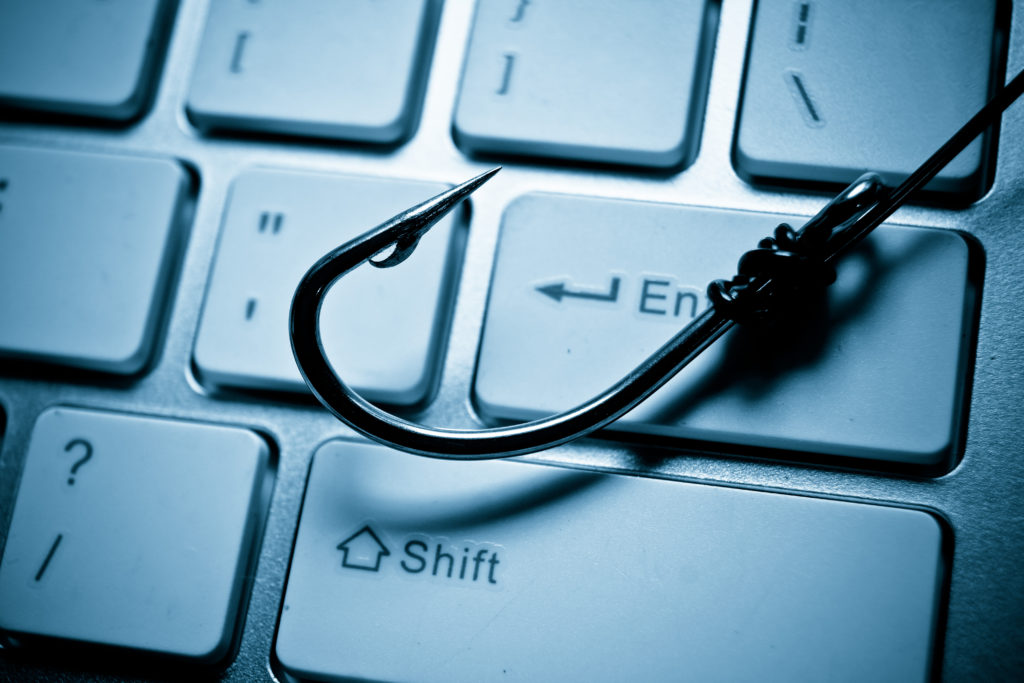
Scammers are using the coronavirus outbreak as a means of conducting phishing attacks to spread a different kind of virus — malware.
Criminals often use current events to make their scams more timely. Cybersecurity companies have identified several malicious campaigns looking to exploit fears about the COVID-19 outbreak.
According to reports, scammers are forging emails mentioning the outbreak that appear to be from business partners or public institutions. If a user opens one of the messages, it unleashes the malware.
For instance, an email doctored to look like a company’s purchase order for supplies could trick an employee into wiring payments to a fraudulent account.
“Overall, these latest examples serve as a reminder that users should be watchful and exercise caution where coronavirus-themed emails and websites are concerned,” said Sherrod DeGrippo, senior director of threat research and detection at Proofpoint.
The World Health Organization (WHO) issued its own warning about scammers posing as the global health body and taking advantage of current events.
“Criminals are disguising themselves as WHO to steal money or sensitive information. If you are contacted by a person or organization that appears to be from WHO, verify their authenticity before responding,” said a WHO statement.
People living in Japan were among the first to be targeted by scammers in January, with emails pretending to be from regional health-care facilities, according to the Wall Street Journal.
So, how can you avoid getting infected with coronavirus malware?
First, pay attention to the email address of the sender. Phishing emails will come from fake addresses such as “cdc-gov.org,” rather than “cdc.gov.”
You should pay attention to what the email wants you to do, according to experts. A message that ask you to provide any account information is a massive red flag. Another warning is odd-looking attachments, especially if they come from an email address you don’t recognize.
Among the most useful tips to prevent a phishing attack from the WHO: “Do not rush or feel under pressure.”
“Cybercriminals use emergencies such as (coronavirus) to get people to make decisions quickly. Always take time to think about a request for your personal information, and whether the request is appropriate,” the WHO writes.

